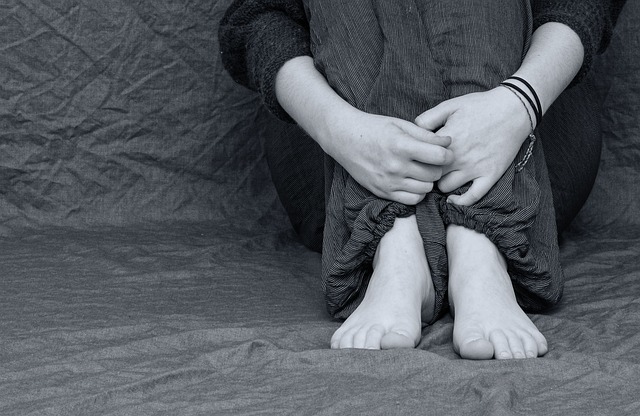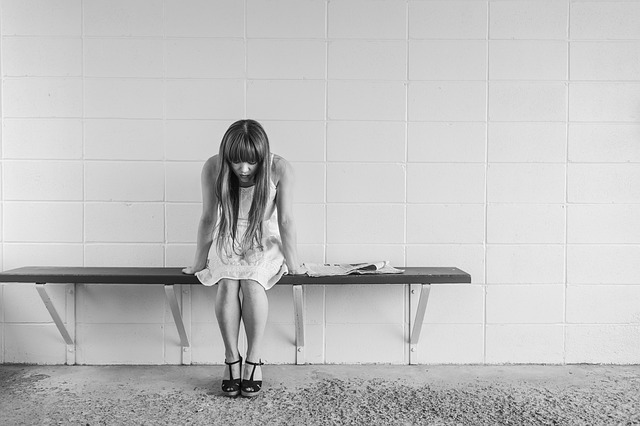Appetite and weight changes
Overeating or under-eating can indicate the presence of depression. Some people turn to food for comfort, while others lose their appetite or eat less because they feel bad. These changes in food intake can cause weight gain or weight loss. Dramatic changes in weight can also exacerbate depression because of the impact on a person\’s self-esteem.

Other sleep patterns
There is a strong link between mood and sleep. Sleep deprivation can lead to depression, and depression makes sleep more difficult. Sleep deprivation leads to overeating. According to a global organization focused on sleep quality, insomniacs are 10 times more likely to be depressed than those without sleep problems. Excessive sleep may also be a sign of depression.
Drug or alcohol use
Some people with mood disorders may drink or use drugs to cope with feelings of sadness, loneliness, or hopelessness.
Fatigue
Fatigue is a very common symptom of depression. Studies have shown that over 90% of depressed patients experience fatigue. Although everyone may experience fatigue, those who experience severe or persistent fatigue may have underlying depression, especially if accompanied by other symptoms.
Forced happiness[edit] Hidden depression is sometimes referred to as “smiling depression”. This is because a person who hides his or her symptoms may “dress up” in front of others, creating a happy face and atmosphere. However, it is difficult to maintain this enforced sense of happiness because that mask can shift unexpectedly at any time, revert back to its original state, and begin to show signs of sadness, hopelessness, and loneliness.
Lack of concentration
Symptoms such as “switching off” during a conversation, perception stops, and interrupted train of thought may indicate problems with memory and concentration, which are common symptoms of depression.